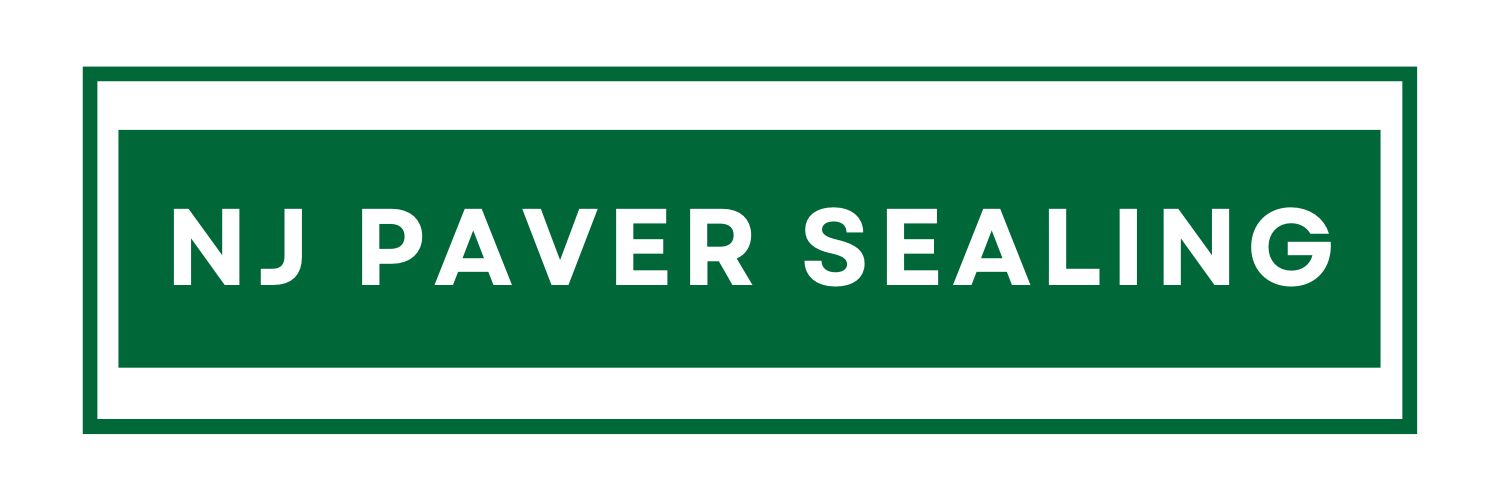As winter approaches the Jersey Shore, many homeowners ask: Can snow and ice really damage my paver patio? The answer is yes—and it happens more often than you think.
While pavers are known for their durability and aesthetic appeal, they are not invincible. When left unsealed, they’re exposed to some of the most damaging elements of winter: freeze-thaw cycles, snow accumulation, and de-icing salt. Over time, these forces can deteriorate your patio’s surface, destabilize the base, and shorten its lifespan.
Let’s break down exactly how snow and ice damage your paver system—and how professional sealing from NJ Paver Sealing can prevent it.
How Does Snow and Ice Damage Unsealed Pavers?
Unsealed pavers may look tough, but they’re naturally porous—which means they soak up water like a sponge. Once that water freezes, problems start.
Here’s what winter can do to your patio:
-
Freeze-Thaw Cracking
-
Water gets absorbed into the pavers and joints
-
When temperatures drop, that water freezes and expands
-
The expanding ice causes cracks, chips, or full breakage
-
Repeated cycles wear down your pavers season after season
-
-
Surface Flaking and Erosion
-
As snow melts and refreezes, it erodes the top layer of pavers
-
Over time, this leads to a rough, flaky surface and loss of color
-
-
Loss of Joint Sand
-
Melted snow and runoff wash away the sand that holds your pavers together
-
Without this stabilizing layer, pavers can shift, sink, or become uneven
-
Gaps invite weeds, moss, and even ants in the spring
-
-
Salt Staining and Corrosion
-
Rock salt and chemical de-icers react with the minerals in your pavers
-
This can leave behind white haze, stains, or surface pitting
-
Salt accelerates wear and shortens the life of your patio if it’s not protected
-
What Does Paver Sealing Do to Prevent Winter Damage?
Think of paver sealing as a shield—a protective barrier that keeps out moisture, blocks stains, and locks in joint stability.
Here’s how sealing helps protect your patio through winter:
-
Prevents Water Absorption
Sealer fills in the pores of the paver stone, stopping snowmelt from soaking in and freezing. -
Reduces Surface Flaking
A quality sealant preserves the top layer of your pavers, keeping their texture and color intact. -
Holds Joint Sand in Place
Joint stabilizing sealers lock sand into place, preventing erosion and weed growth after the thaw. -
Repels De-Icing Salt
Sealed surfaces are less likely to absorb corrosive chemicals and show white staining in the spring. -
Makes Spring Cleaning Easier
Debris, salt, and dirt stay on the surface, not inside the paver—making pressure washing more effective and less necessary.
At NJ Paver Sealing, we use environmentally friendly, water-based sealers specifically formulated for harsh Northeast winters. Learn more about our paver sealing services.
Is It Too Late to Seal in Late Fall or Early Winter?
Not necessarily. As long as temperatures remain above 50°F during the day and the surface is dry, there’s still time to seal your pavers before the first freeze.
Here’s what we do to prep your patio:
-
Remove stains, leaves, and debris
-
Refill missing or eroded joint sand
-
Apply sealer in optimal weather conditions for best adhesion and curing
If sealing now isn’t an option, it’s even more important to schedule early in spring—before snow damage has time to worsen.
Protect Your Paver Patio Before the Snow Falls
Don’t let winter undo the time and money you’ve invested in your outdoor space. A few hours of professional sealing now can save you from major repairs later.
Call NJ Paver Sealing at 732-800-6085 to schedule your winter-prep sealing service.
You can also request a quote online or find us on Google Maps to see if we serve your neighborhood.
Get ahead of the snow—seal the deal today.
